
SHAH ALAM: RMK12 junked/KIVed? The decision to impose an emergency today likely meant that plans to procure the MPA, UAV and the LCA is likely to have been put in the back burner. This is because the emergency declaration meant that the parliament has been suspended until further notice. The emergency decree was announced this morning (12 Jan. 2021) after it was approved by the King.
As you are aware the government was supposed to table the RMK12 plans in parliament this March. The delay in tabling the RMK12 plans also meant that the whole government development plans for the next five years – starting this year – will also be deferred. Of course they could passed the RMK12 plans under the Emergency Ordnance though I am of the opinion this will not happened. The government has said EO on higher fines for not adhering the current lockdown could be passed however.
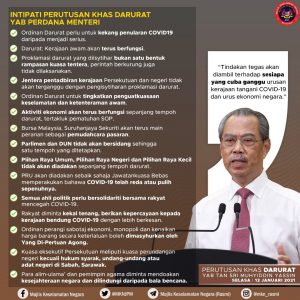
A detailed on the emergency declaration by the PM. MKN
And as the emergency declaration stated that a general election will be held after the decree is lifted – at the latest this August – this means that the RMK12 plans could be tabled at the earliest in the first quarter of next year.

Leonardo ATR 72 MPA. Leonardo
This means that funding for the MPA and MALE UAV which bids are under consideration will be delayed until the money has been approved by parliament. The same goes for other projects which have not been tendered out like the LCA and LMS batch II.
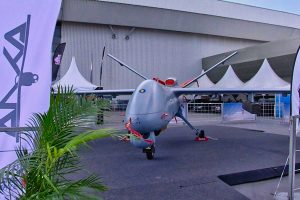
TAI Anka UAV mockup at LIMA 19 . Ed Liew
There is also the likelihood that the current government will not fund the extra funding needed for the LCS though this is something that need to be confirmed.
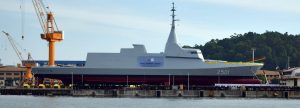
LCS PCU. Maharaja Lela. Her name could be seen on the stern. Picture taken on Aug. 25. 2017.
Perhaps the Defence Ministry can still issue the tenders for big ticket items out but it will be risky as the next government might not want to follow the current RMK12 plans and asked for a new plan completely. I am assuming that the RMK12 procurement plan that was supposed to be tabled this March by the PN government is likely a modified version of the one prepared by PH.
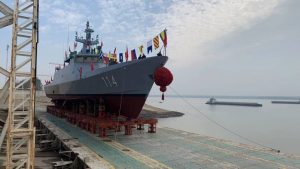
Fourth LMS at her launch in Wuhan, China last year. RMN picture
It must also be noted that projects covered under the RMK11 will continue as funds for them will have been included under the 2021 budget. Projects which had gone over budget – like the LCS – will have to wait for RMK12 to be approved though. The new government – if elected by August/September – will have to prepare the 2022 budget as soon as it is formed and get it approved by Parliament by December, at the latest.
— Malaysian Defence
If you like this post, buy me an espresso. Paypal Payment

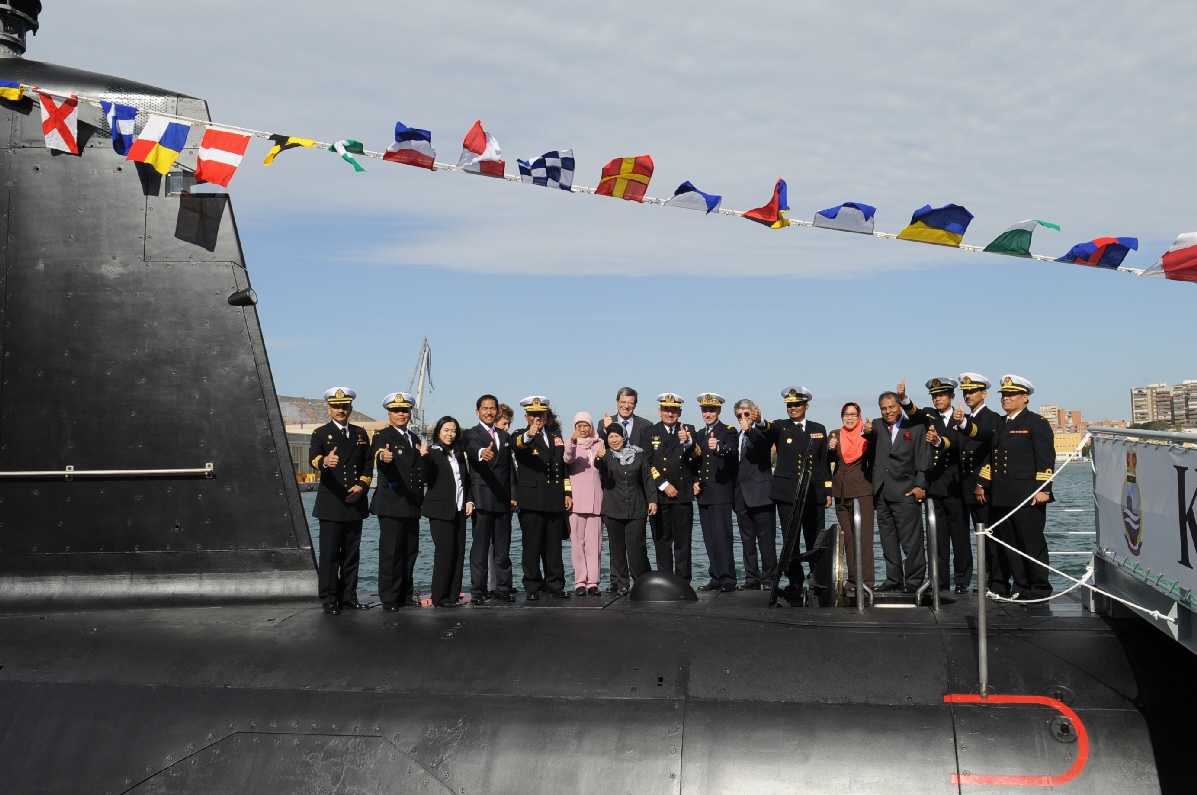
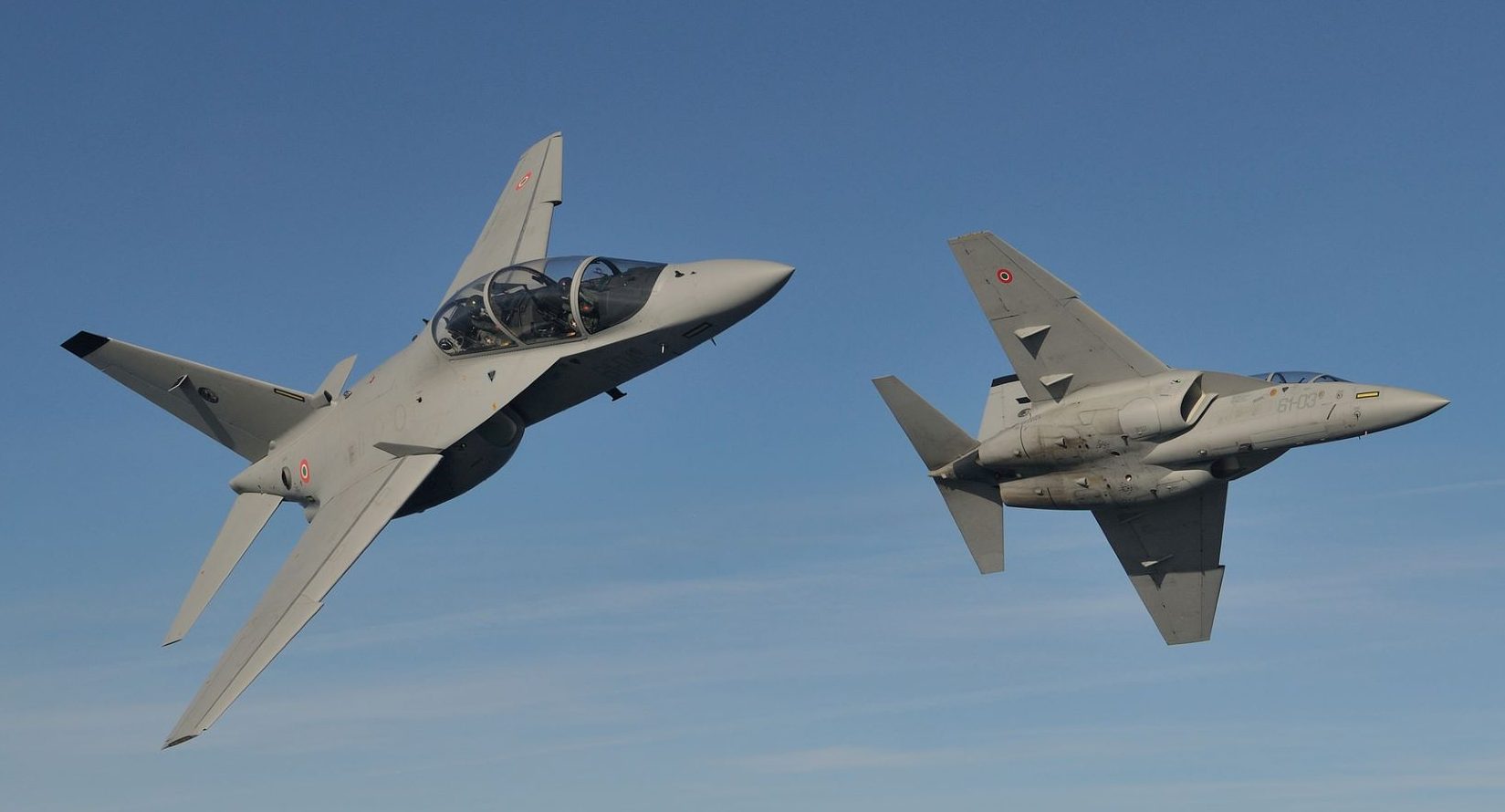
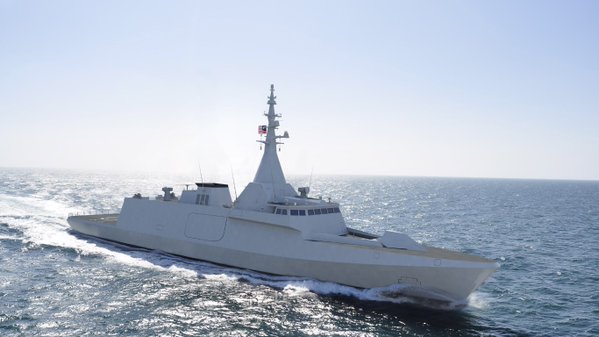
OTOH that does also mean the gov could go for buys without Parliament approval?
Reply
Funding needs parliamentary approval. Buying things is an executive decision
Mco is not for long….
@ASM .
.
Funding can perhaps be done anyway, minus parliamentary approval (temporarily). The Finance Ministry can approve a buy and the final nod comes from the PM’s Office. Happened before. Oh, can inform the Parliament later…after the Emergency
But seriously, the government’s left with little choice to spend during an Emergency. Lest some forget, the last emergency lasted over 3 decades… Did I hear a ‘huh’? That Emergency following the 13 May ’69 riots was only lifted in 2002/2003! Apparently no one thought to announce it should have ended years ago, so technically ‘then’ (the 70s-90s) was Dharurat! So that was that. It’s not the end of the world.
OK, the government can spend during the Emergency via:
•Continued government borrowing, yeah, selling bonds
•Print more money. The UK did this too. And somehow a government default isn’t a Malaysian thing
•Higher Taxes. But minus GST, rich towkays under SST always try their best to cook the books and cheat the government!
•Spending curbs. On the big ticket projects probably.
So there, take your pick. I’m uncertain how the government will respond to Defence but there’s always a way to purchase and pay for things if you need to.
RMK12 postponed from 2020 to 2021 and likely delayed until 2022? Not just about defence matters, but when can our country get back on track? Makes me miss BN era of stability…
I am actually thrilled that TAI and Bayrakthar are working on ther Aksugur and Akinci drones which can perform well as MPA. Hope these drones have completed their testing and on offer by tje time funding is available for MAF.
@Taib
>”selling bonds, Print more money”
Are the same thing.
>”Higher Taxes. But minus GST, rich towkays under SST”
Ridiculous. There’s nothing inherently less “cookable” under GST compared to SST.
>”Spending curbs”
Oh you mean exactly what PH wanted to implement?
Anyway. All this will be moot unless we can do something very basic, very simple; increase GDP. We do have a global-scale opportunity with terminally weak Europe market and overbought USA market due for corrections. However we need to reduce corruption below Indo, Thai and Viet levels in order to make our markets more competitive to FDI again.
Another possible initiative is to correct our human capital structure by reducing the number of foreign workers in our service industries. This would significantly reduce local unemployment, cash outflows and make pandemics more controllable. By now I’m sure you all realise the most severe effect of the pandemic is economic.
Increase GDP, and you will increase nominal defence spend even if the % doesn’t go up.
@Chua
“less “cookable” under GST compared to SST”
Incorrect. While nothing is bulletproof and “uncookable”, economists globally agree that GST/VAT is a more transparent and hence lesser able to “cook” compared to older taxation system. That is why business communities hated when Najib intro GST.
About GDP, we must ask ourselves what “kind” of FDI do we want to attract? Continue with setting up factories hiring cheap foreign labour? That’s easy to do, just offer better incentives like what Thailand, Indo, Vietnam is doing. Or do we want to move up the chain?
The only way to attract the “right kind” of FDI in moving up is to improve our education system. The FDIs we should be looking at isn’t the low hanging fruits (low skilled manufacturing) but those requiring professional workforce.
At last. This thread’s moving…
@Chua
RM ie. paper money and bonds are 2 different things to the ordinary man in the street
‘joe’ here got it right. GST is more transparent than SST. At least that’s what I learnt in development politics.
Corruption levels higher than Indo, Thai and Viet? Shocking if true. It’s not. What we have here is the perception that corruption levels here is worse than before. We have systemic corruption, we don’t have endemic corruption. Those countries you mentioned have those by the tonne! I won’t go into a lengthy explanation. Sufficient that I’ve studied and worked in these countries to know this for a fact.
@joe
I concede we need the right kind of FDI flowing in. If we’re to just be happy crowing about increasing FDIs well, hopefully, it’s not where we are back at where were 40 years ago, welcoming labor intensive projects from overseas or transferred out of China to places where manpower cost peanuts.
@Taib
Printing paper money is meaningless though.
Thai, Indo and Viet have made great steps to move out and we are getting left behind. I too have been to these countries and I freely admit that things have changed significantly in the past 5-10 years.
We don’t have endemic corruption? Are you sure? From what I see everyone can be bribed, from patrolman to PM, from clerk to councilman; street level to high politics we have it all.
@joe
Re: GST and SST, the underlying mechanisms that facilitate fraud are the same; GST doesn’t solve anything here. The claim that GST can capture more of the shadow economy than SST has never been proven, logically or evidentially. It’s an assertion by the Govt on a level of “barang lebih murah dengan cukai GST”.
The “business community” mainly objected to GST because 1) it involved significant investment in retraining (I know a few people who made a mint off that) and 2) it more than doubled overnight the tax cost of goods throughout the country.
I have a toe in the education line, and I can say that PH was going round rallying the universities etc to get in line with the new national vision to refocus on electronics, heavy industry, services. I was skeptical at first but after thinking about it a while, it did make sense.
Well, too bad, down the drain.
For the sake of the nation, as I have posted previously, I hope whichever administration we get after the emergency order is over can pull its finger out and get our economy moving.
@Taib
Indeed many FDIs are going to those Asean countries not because their corruption level is lower than ours, but because it is much higher. Indeed our “good” times when FDIs were flowing in and foreign companies setting up shop here are – unsurprisingly – during the era of massive corruption happening. Suffice to say those kind of FDIs don’t last very long nor truly beneficial to the country in whole, when the benefits & tax breaks dried up, they upped and leave.
I concurred with you there. I don’t see there’s benefit in FDIs that don’t benefit the ordinary man in the street. The point about corruption levels being higher in those FDI-infused days is indeed true.
@Chua
I don’t think corruption is rife in Malaysia. If it is, our whole civil service would have gone under ages ago Saudara Chua. In Indonesia, a ‘free’ government form is not always free. You pay for it. In Vietnam, you pay the earth to supply electricity to your new building. The ones who benefit from industrialization are usually ‘commie’ party cadres and their relations. It’s worse than China but hidden away. In Thailand, not everyone can afford hospitalisation. If you cannot, you go to one run by NGOs. That’s why many international NGOs have country/regional bases in these countries. Top civil posts are passed from father to son. Nepotism is accepted as an institution.
Taib – “our whole civil service would have gone under ages ago Saudara”
Really? Have no idea how you cane to that conclusion but can work despite corruption. In fact at times it’s corruption which ensures things work …
There are countries which are barely functional and much more corrupt than us but they still have civil services which function. As such the claim that corruption is not “rife” here because we have a functioning civil service doesn’t hold ground …
Also: it’s not so much a functioning civil service bit how effective/efficient it is. We have a bloated civil service which can’t be trimmed because of political expediency.
Taib – “Nepotism is accepted as an institution”
Over here corruption and a system of patronage has long been around. Deeply ingrained in our overall system.
Chua – “Thai, Indo and Viet have made great steps to move out and we are getting left behind”
In certain areas they have moved forward; in certain areas there have regressed. It’s become cliche for cynics and prophets of doom to say that other countries have overtaken us; it’s not as first cut as that. We have to examine factors such as politics; level of FDI, GDP, freedom of the press, how business “friendly” it is for foreigners, etc, etc, etc, to really come to a conclusion as to where we’ve been overtaken and where we still have an advantage.
Taib – “I don’t think corruption is rife in Malaysia”
You got to be joking. Either that or you’re isolated from tactual realities.
This is a public forum so I won’t go into minute details (ask any foreign worker or owners of certain types of businesses) but corruption is extremely “rife” at all levels and has steadily worsened over the years.
It’s become part and parcel of how things are. Yes our system is that rotten and the rot started setting in during the 1980’s …
Corruption exists everywhere; what’s different is the level and how deeply entrenched it is in the system. Over here it’s not as open (you ever been to Central Africa?)or blatant (as say in Indonesia – for some things or in Thailand) but it’s very widespread that exists right from the top to the very lowest level. Certain things can’t be done without a bribe.
@Taib
Back to relevance of Malaysian defence & security, FDIs are also double-edged sword. The West have been portraying China investments overseas as a form of influence and colonialism, neglecting to tell that their own remnant industries & companies leftover in the colonies are also a form of colonialism.
@Chua
“Thai, Indo and Viet have made great steps to move out and we are getting left behind.”
Indeed,
Naturally, they are bigger natiions than MY. Once their time is come, they will move faster. In 80s and 90s MY has the opportunity too but as we all know now that malaysian had blow it. As those nations are more developed and competitve then they will have the spotlight.
Corruption in malaysia is always ther. When the economy is good we can deny and put it under the carpet. When the economy is bad and so the corruption level. MY need statepersons to take the helm. Tell me when you find one…….sad..sad…
@Azlan. ).
).
Yes. I have been to Africa. Uganda, Ghana, Nigeria. (the last can be crowned The Capital of the Corrupted
@joe.
Agreed. The very nature of FDIs is in a nutshell, colonialism coated in megabucks. Manage it, you can build the country somehow; mismanage it, you ruin a nation. The Chinese version is the ‘Silk Road’, both then and now.